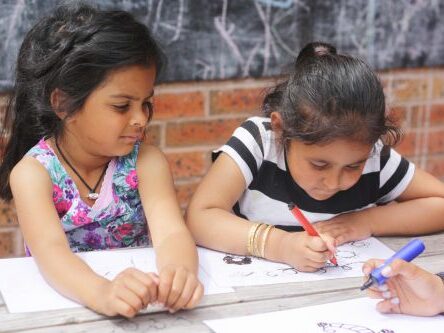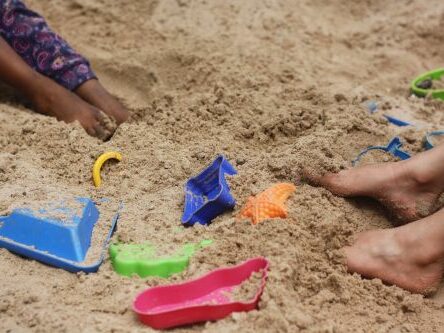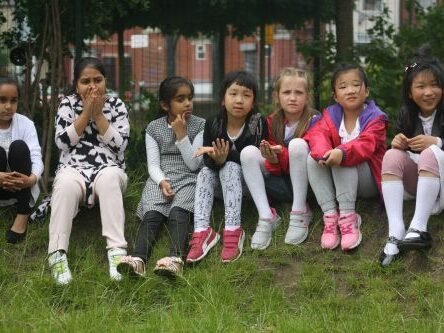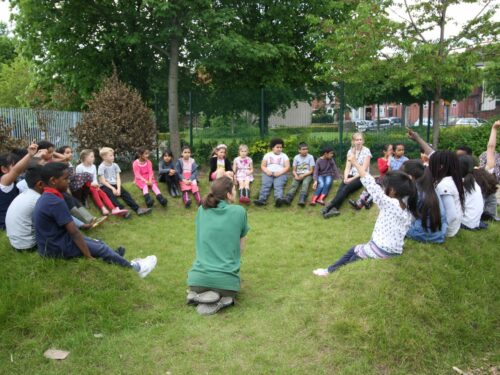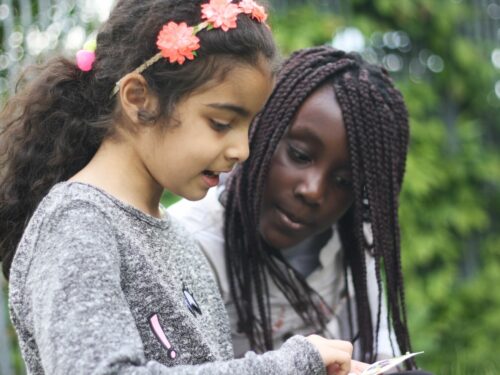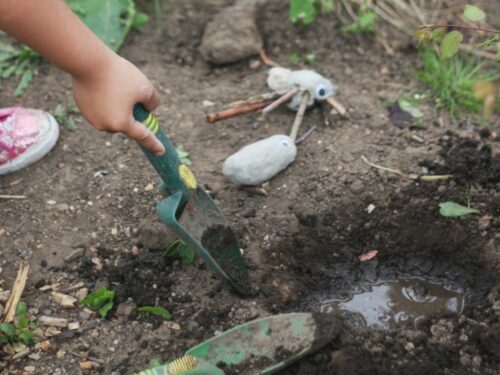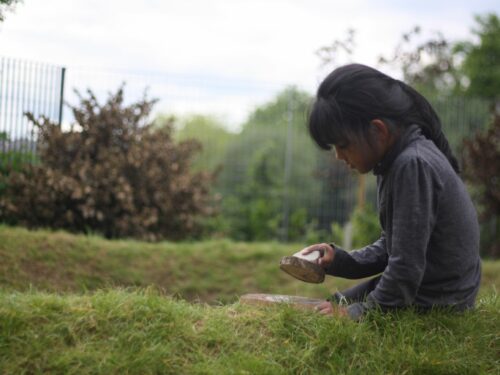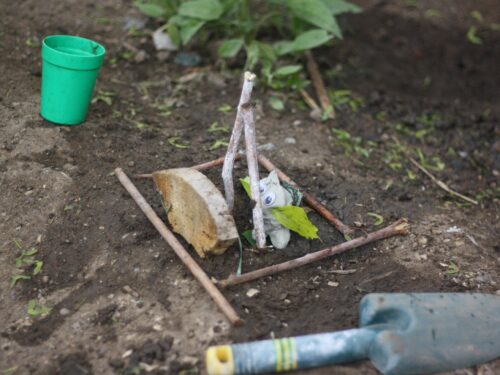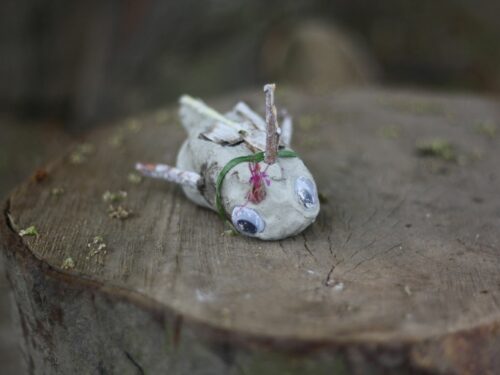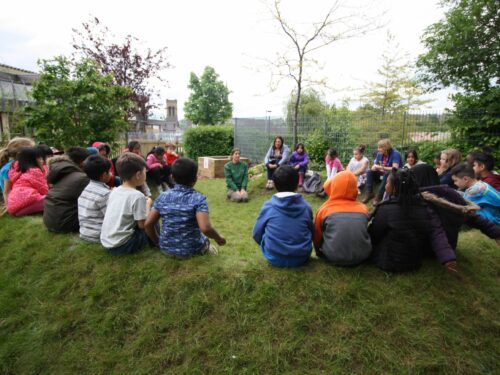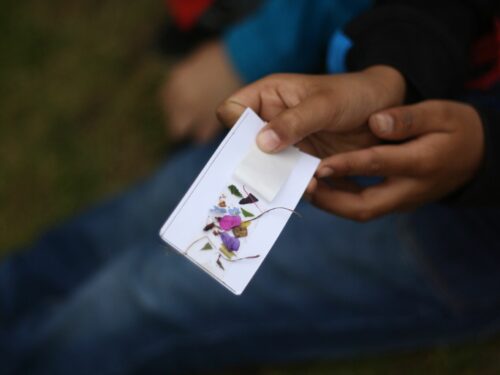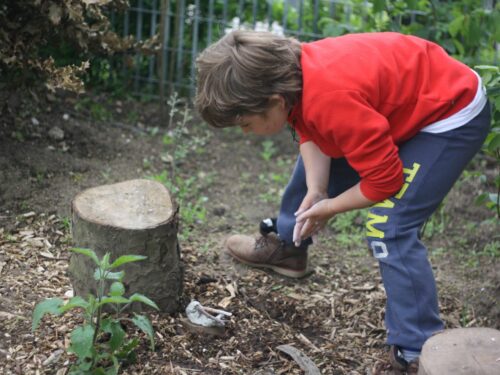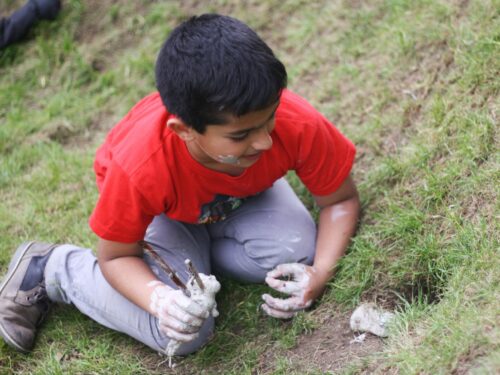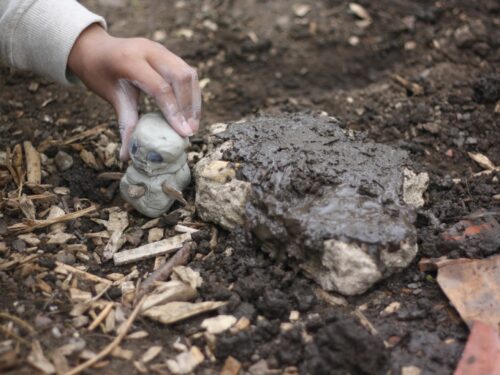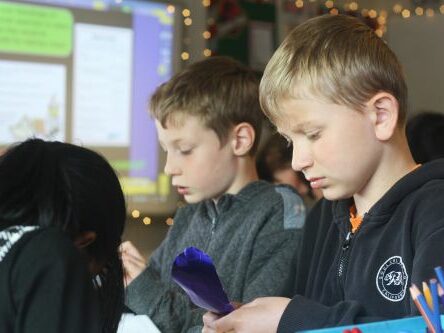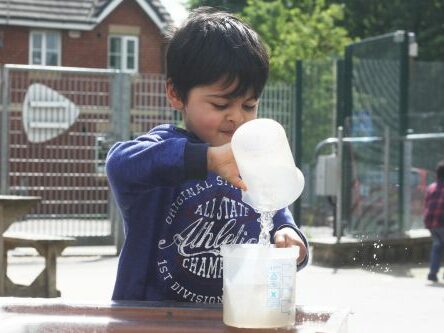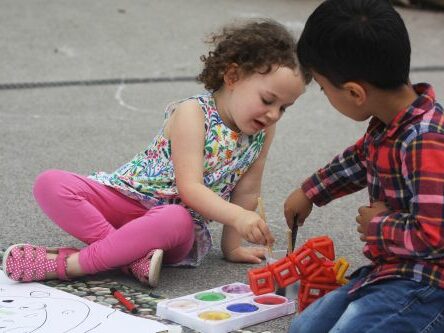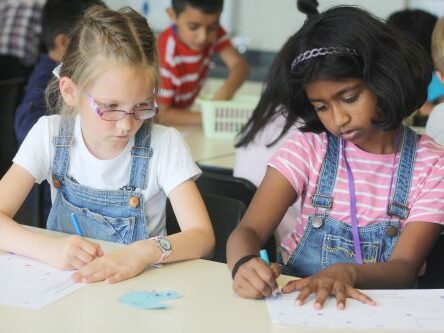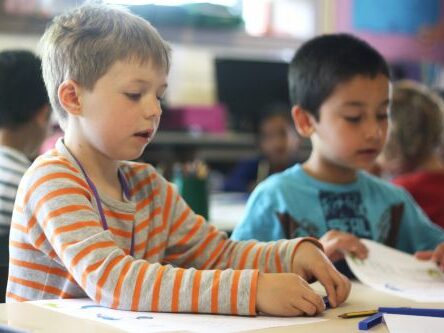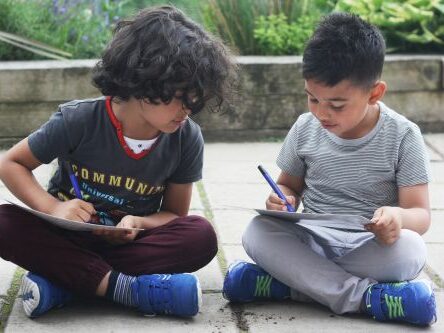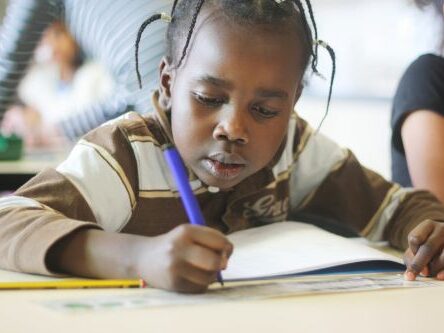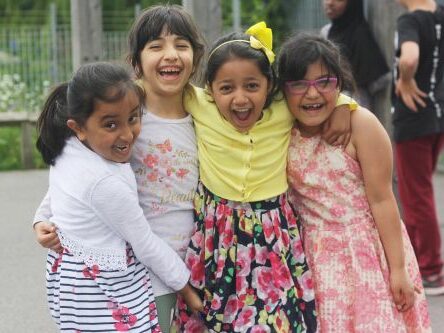In Philosophy for Children (P4C) sessions pupils learn to debate, listen to and respect the opinions of others, even when they may be different from their own. P4C develops four key types of thinking: collaborative, caring, critical and creative.
Children are taught how to create their
own philosophical questions. They then choose one question that is the
focus of a philosophical enquiry, or dialogue. For example the question
might be ‘is it ever ok to steal?
The teacher, as facilitator,
supports the children in their thinking, reasoning and questioning, as
well as the way the children speak and listen to each other in the
dialogue. After the enquiry the children and facilitator reflect on the
quality of the thinking, reasoning and participation, and suggest how
they could improve; either as individuals or as a group (community).
It is well documented that P4C has an impact on children’s cognitive, social and emotional development. P4C is about getting children to think and communicate well; to think better for themselves.
All children in school have a P4C session every week, which lasts up to an hour.
For further information follow the link to the following website:

